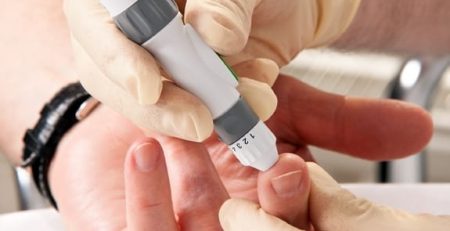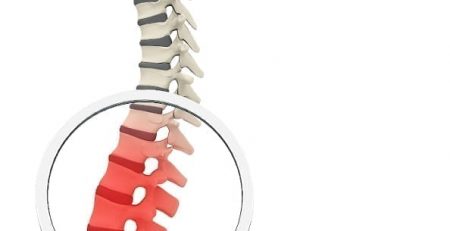The Placebo Effect: Sugar Pills May Still Work Even When Patients Know What They Are
Jeremy Howick, a senior researcher at the University of Oxford, recently published an article in The Conversation outlining the findings of a systematic review that examined data from five trials of open-label placebos. Howick and his team found that open-label placebos – that is to say, placebos that patients know are placebos – “seem to benefit patients with back pain, depression, allergic rhinitis, irritable bowel syndrome (IBS) and attention deficit hyperactivity disorder (ADHD).
While the trials were small and weren’t “blinded” – Howick defines blinding as when “the participants and/or researchers don’t know who’s getting what”, they were consistently positive and Howick believes that the bias often associated with non-blinded trials “cannot explain away the results.”
Howick cautions that, just because open-label placebos work, doctors shouldn’t be quick to prescribe them. “That may be unwise because it would support a pill-popping, overmedicalised culture,” he said. He argues that because placebo effects are real for many common conditions “we can benefit from placebo effects without actually using placebo pills.” He argues that doctors giving positive messages and communicating “with enhanced empathy to patients”. “For from being unethical, since placebo effects can benefit many patients it is probably unethical not to exploit them,” Howick concludes.














